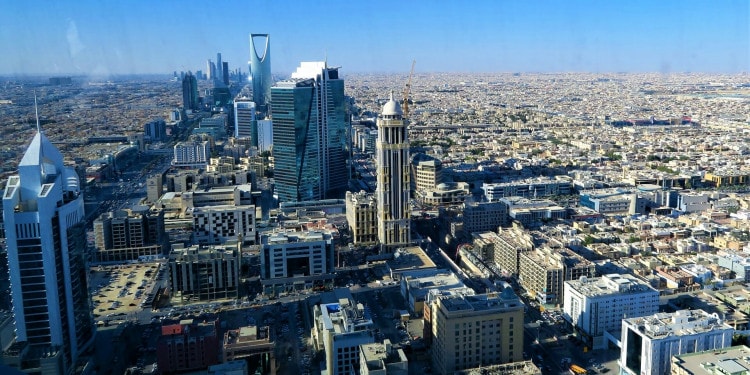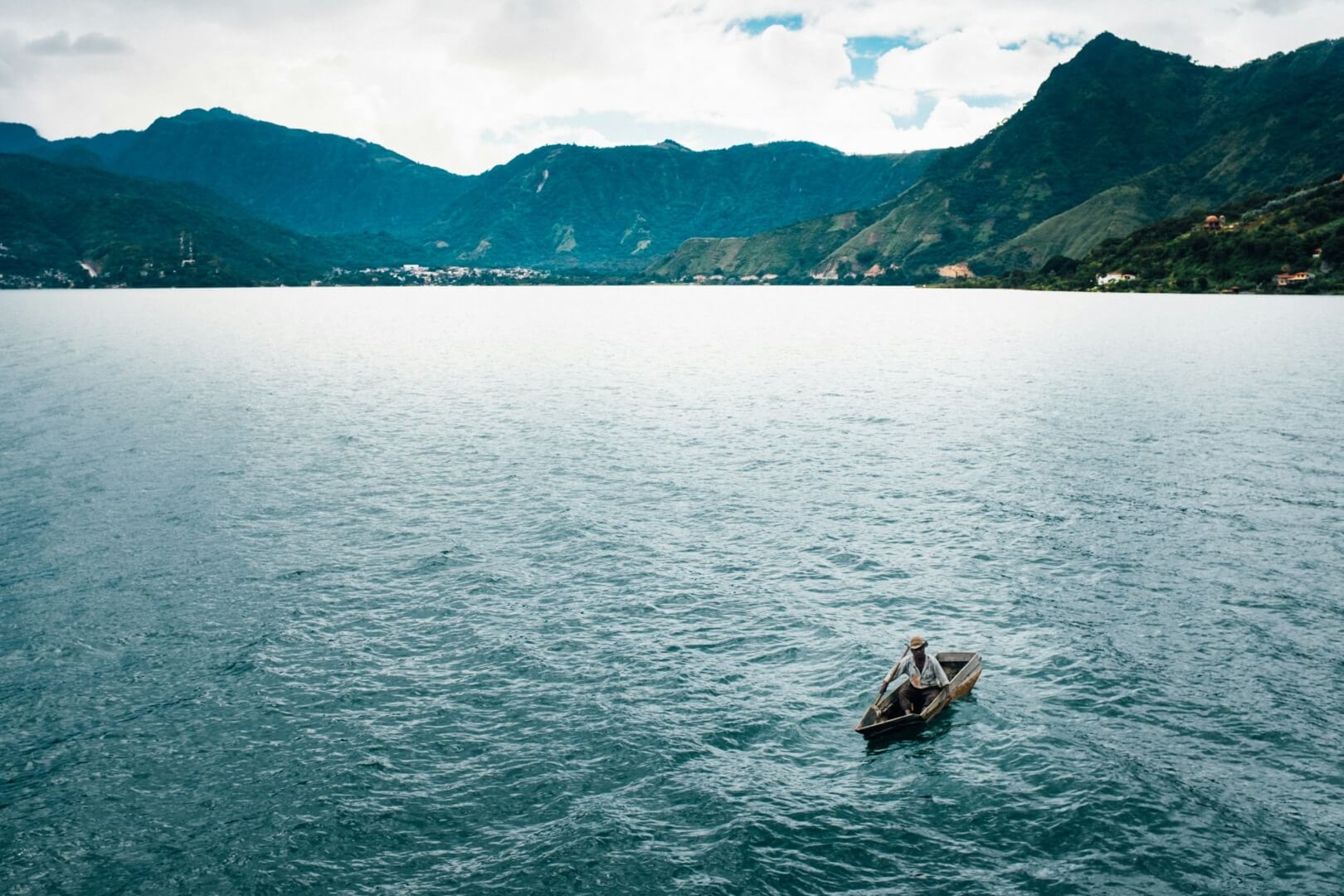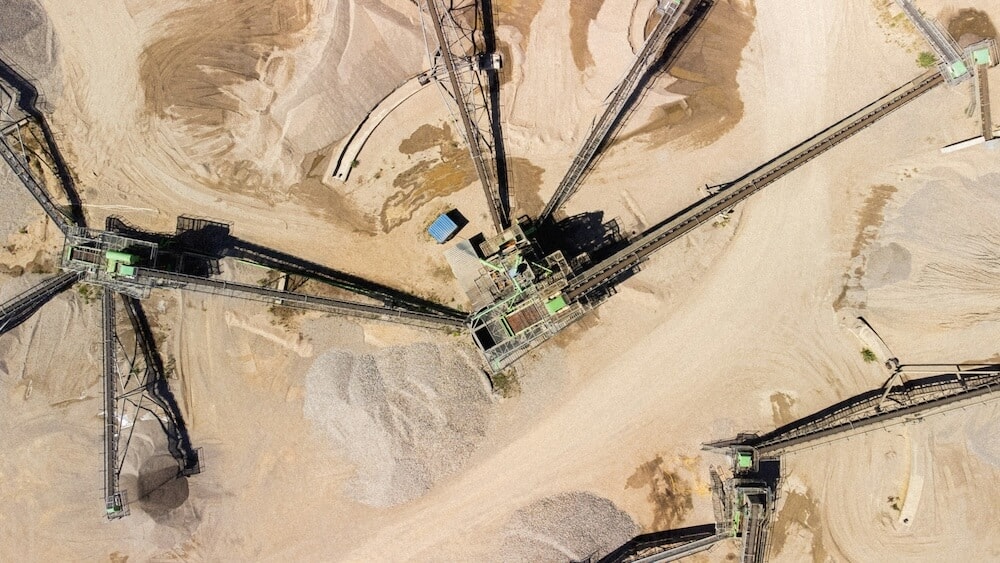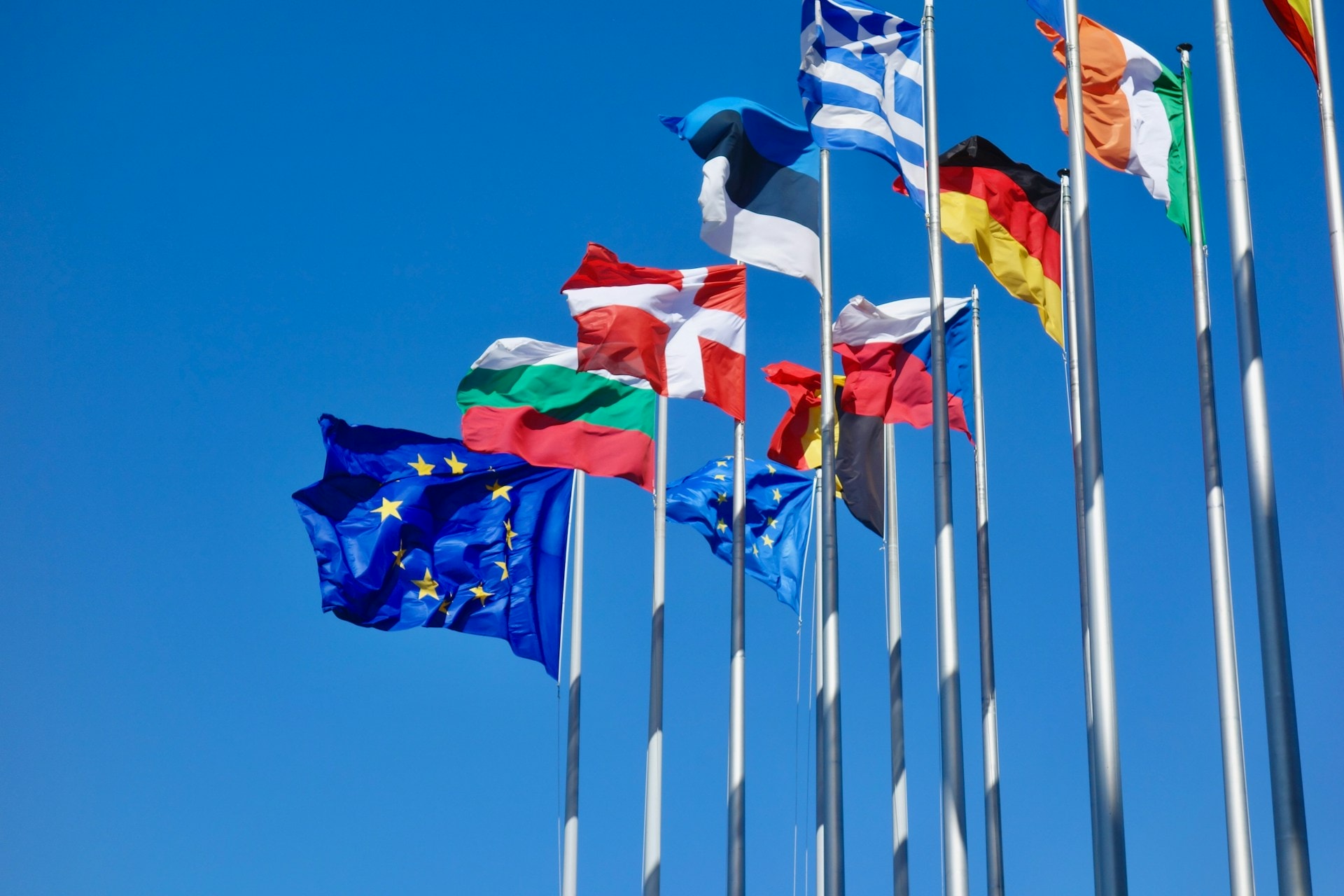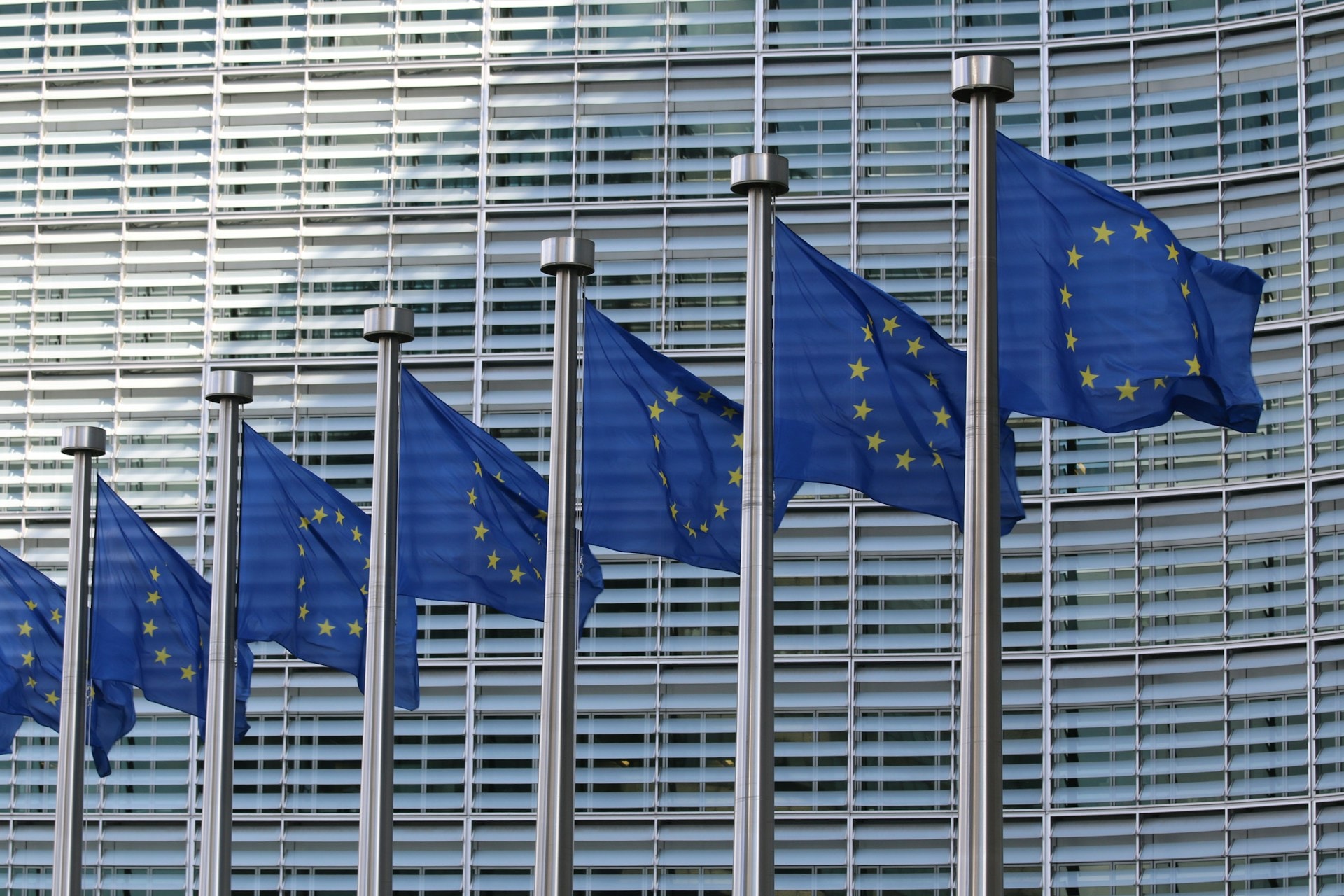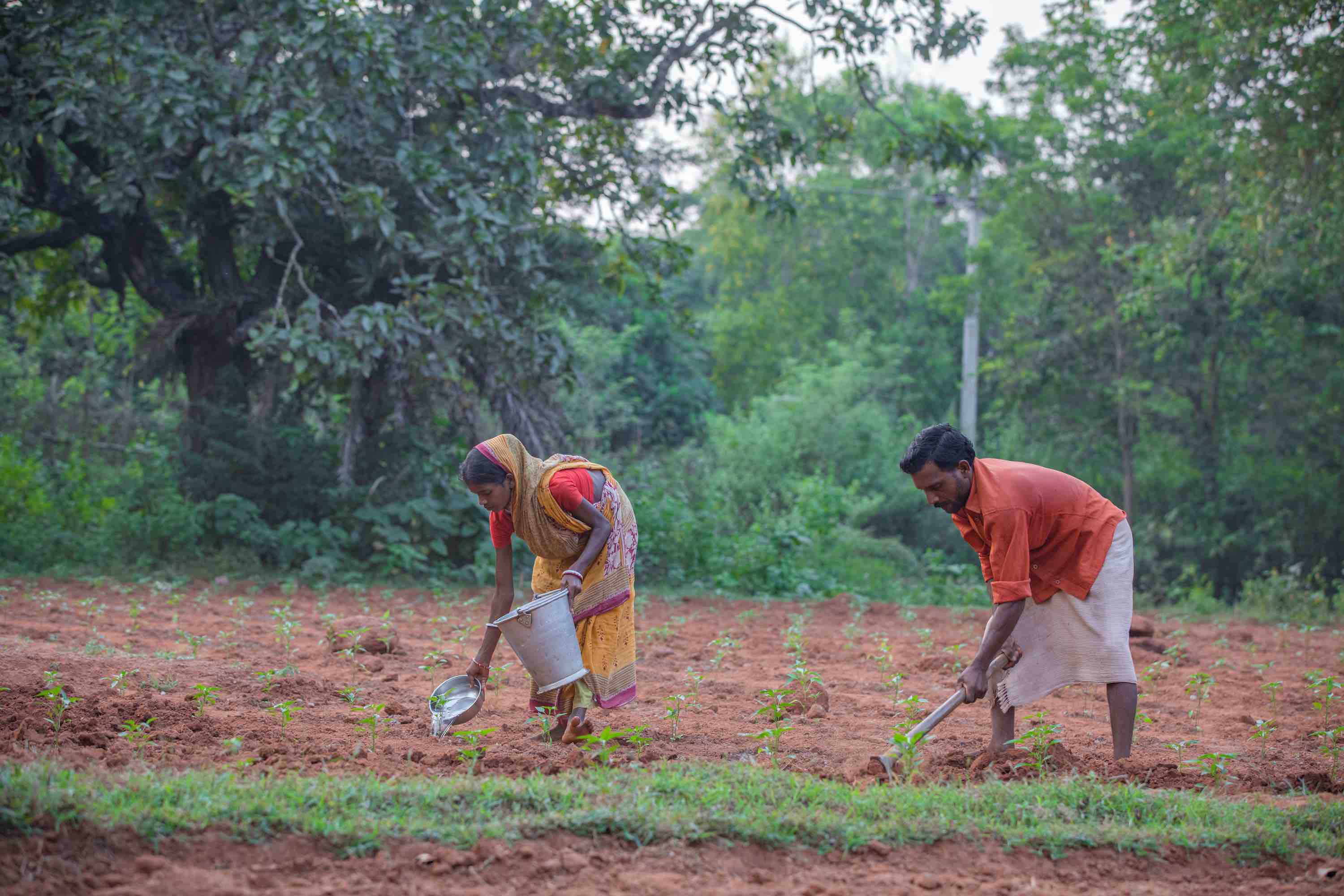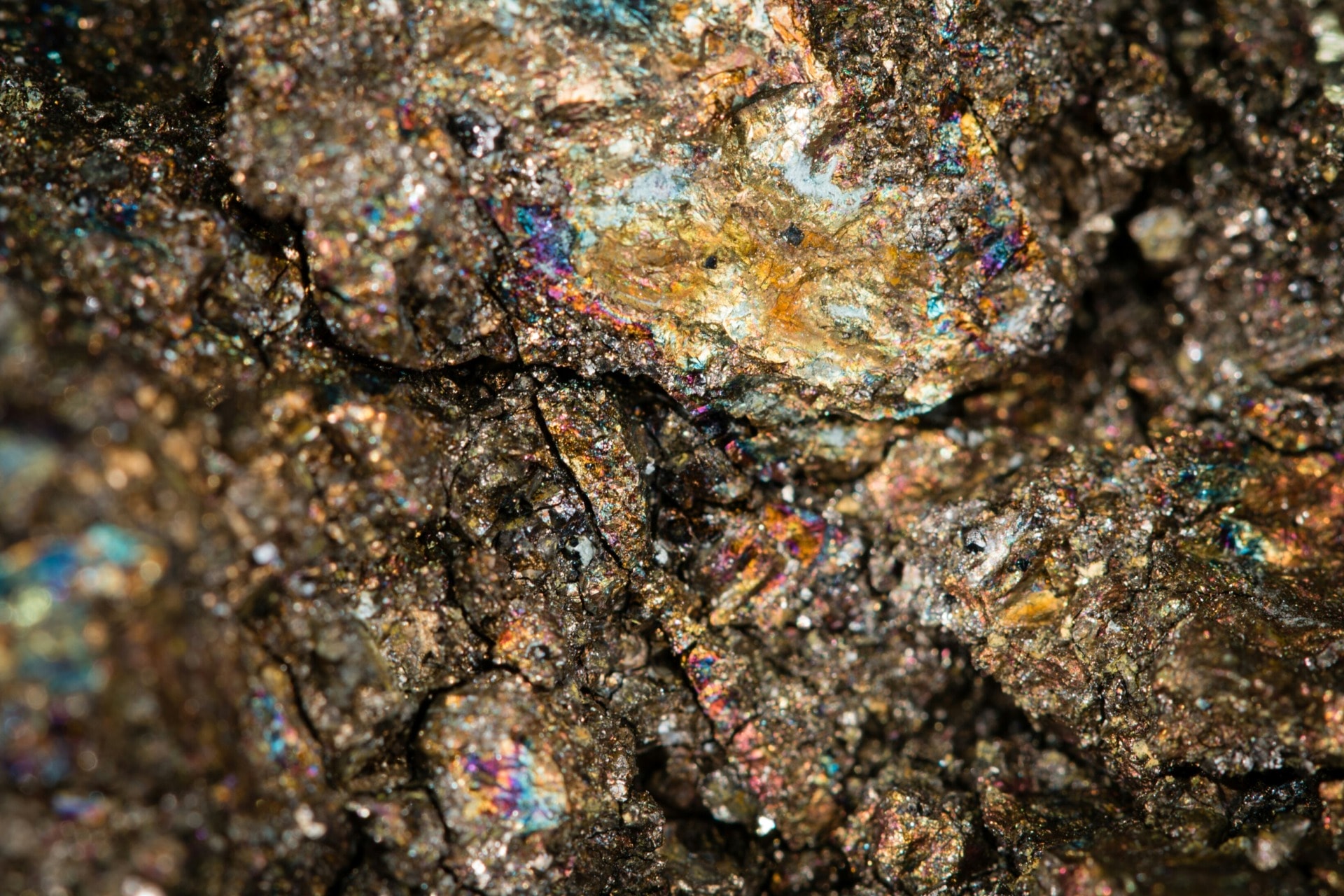According to Amnesty International, Saudi Arabia has seen a rise in executions during the first seven months of 2021, after experiencing a decrease of cases in 2020 during its G20 presidency.
The human rights group reported on Tuesday, that the country has carried out executions of a minimum of 40 people between January and July this year, which is a higher number than the whole of 2020.
Before its G20 presidency, in 2019, Saudi Arabia had executed 185 people. However, according to Amnesty, Saudi Arabia saw an 85% decrease in executions during 2020, compared to that of the year before, which works out to a total of 27 executions in 2020.
📢 NEW RESEARCH 📢
As soon as the G20 spotlight on Saudi Arabia faded the authorities resumed their ruthless pursuit of people who dare to express their opinions freely or criticize the government.https://t.co/4bIsOqgyCD
— Amnesty International (@amnesty) August 3, 2021
According to the human rights group, executions restarted directly after the G20 Riyadh summit held virtually (because of the pandemic) in November 2020. Nine people were executed during December of that year.
Deputy Director for the Middle East and North Africa at Amnesty International, Lynn Maalouf, said: “The brief respite in repression coinciding with Saudi Arabia’s hosting of the G20 summit last November indicates that any illusion of reform was simply a PR drive.”
Related Articles: The Khashoggi Affair: The Danger of a Single Story | #DontExecute — a Surge of Unity and Frustration
Amnesty also says that executions were carried out after convictions in “grossly unfair trials, marred by claims of torture during pre-trial detention leading to forced ‘confessions’ which the prosecution systematically failed to investigate.”
A case in point. In June 2021, a Saudi Arabian man, Mustafa Darwish, from the Shi’a minority, was executed after being convicted by the Specialised Criminal Court in 2018 for several “terror-related offenses,” after facing “a grossly unfair trial.” In one trial session, Darwish told the judge: “I was threatened, beaten and tortured into giving a confession… I confessed in fear for my life.”
Details of the case can be watched here:
According to Amnesty, no less than 39 people in Saudi Arabia have been imprisoned for activism, dissent, or human rights-related pursuits.
Amnesty also reports that dissidents and human rights activists were subject to an intense clampdown. The human rights group mentioned a case of 13 activists who were prosecuted, sentenced, or had their sentences approved after what Amnesty described as “grossly unfair trials before the Specialized Criminal Court (SCC).”
The King recently announced he would not execute minors – a step in the right direction – but apparently, judging from what happened to Darwish, he is not keeping his word. This again raises the broader issue of who is really in power in Saudi Arabia: The king or Crown Prince Mohammed, known by his initials MBS (Mohammed Bin Salman). The Crown Prince is indeed very powerful and has recently stripped religious leaders of their power – as reported by the Washington Post.
Curtailment of religious authority could be a welcome move towards a more liberal society. There is no doubt that Saudi Arabia is changing, but it’s not yet clear in what direction.
Editor’s Note: The opinions expressed here by Impakter.com columnists are their own, not those of Impakter.com.— In the Featured Photo: Skyline of Riyadh, Saudi Arabia. Featured Photo Credit: ekrem osmanoglu.


